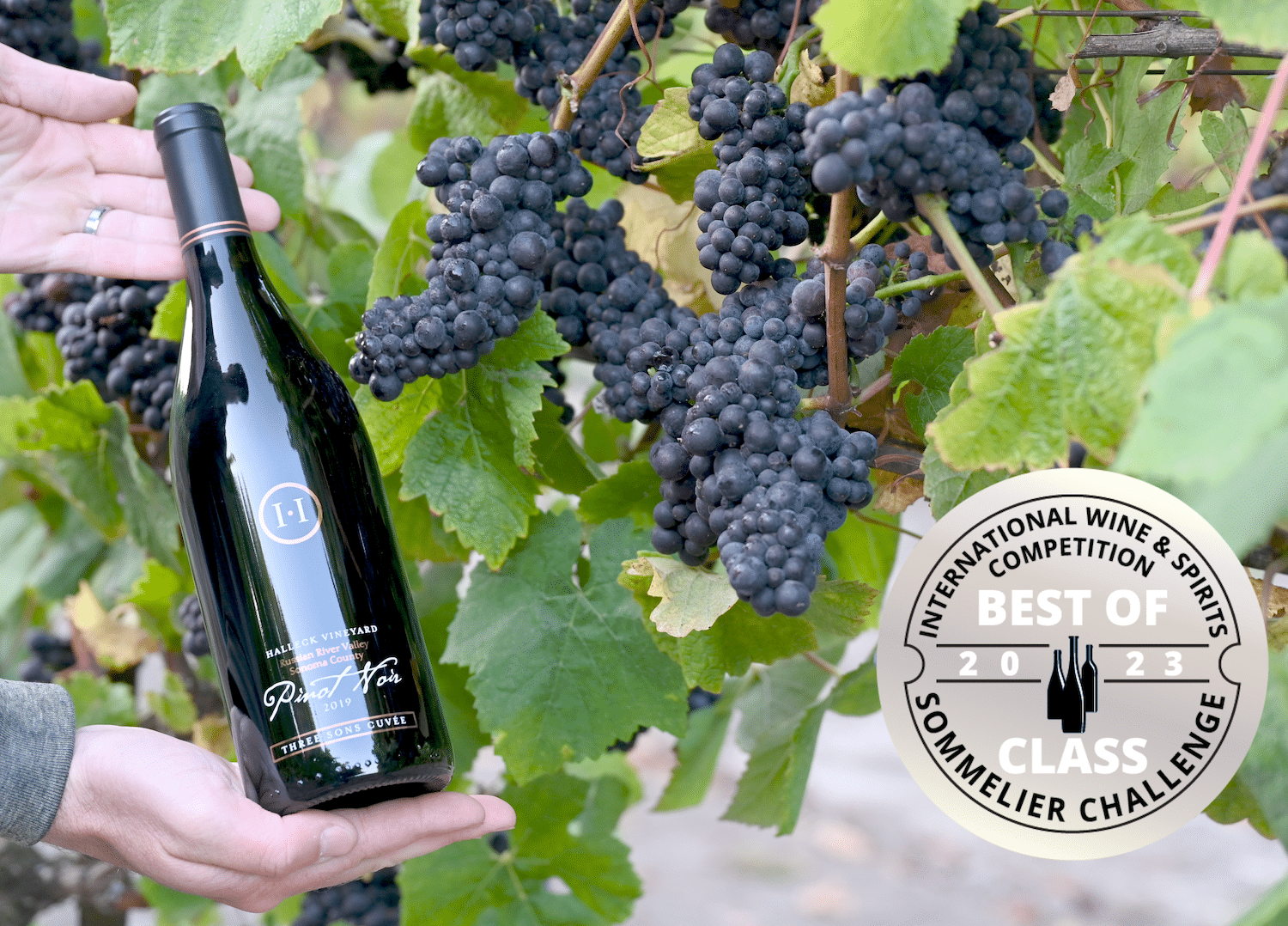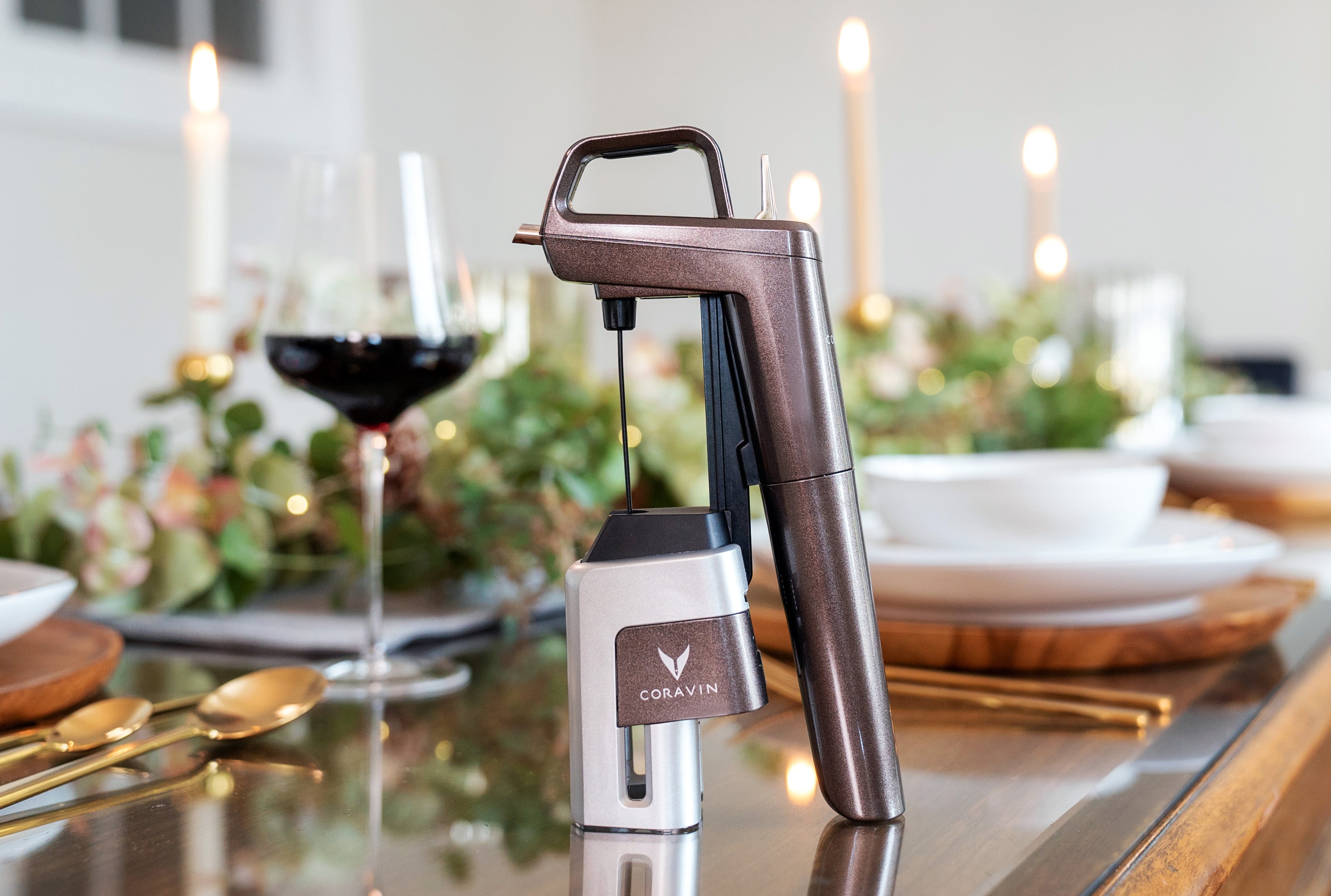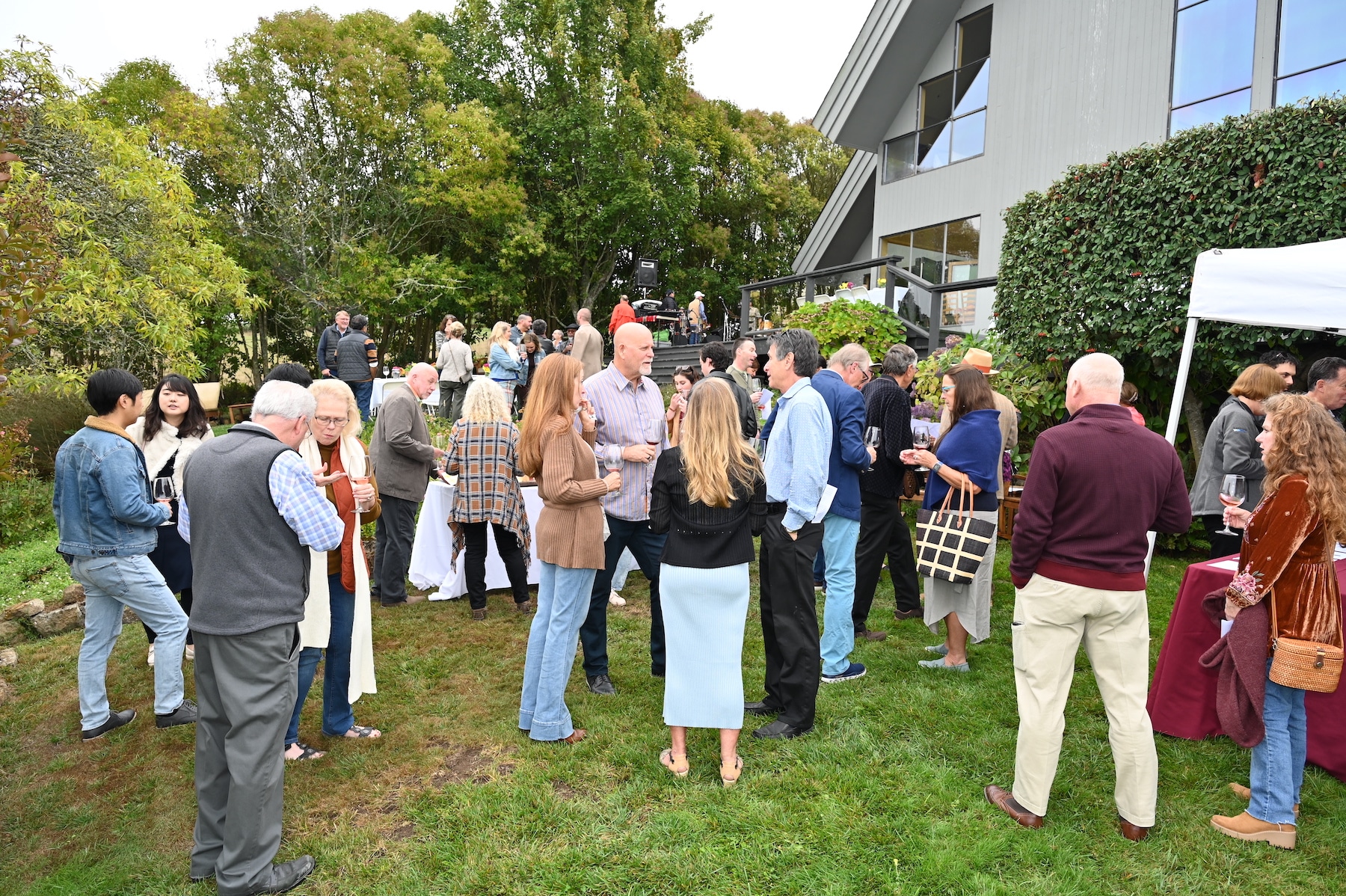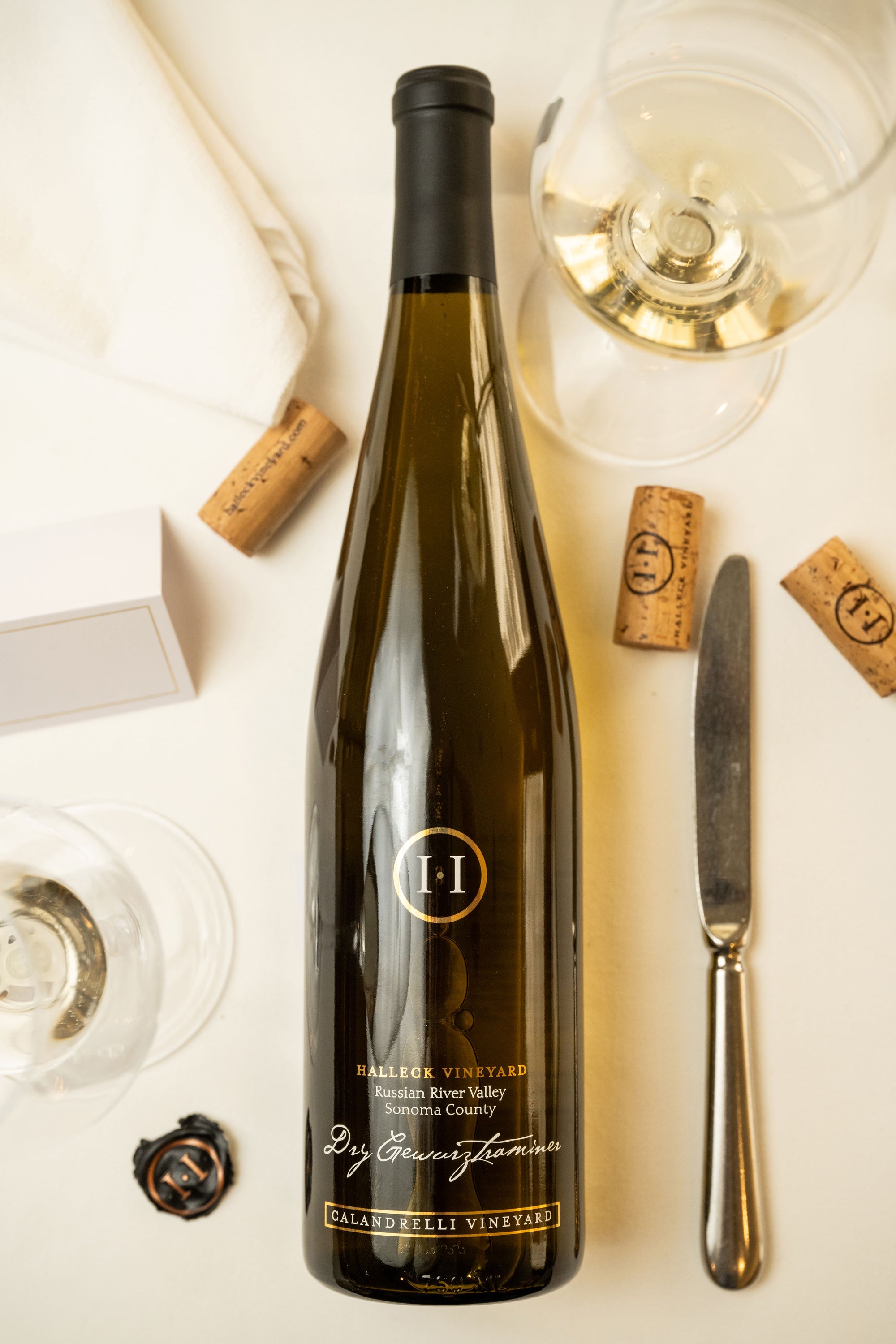Wineries Featuring Seasonal Wine Events In Sonoma - Sonoma Wine Tasting Adventures
Wine tasting is an art that requires practice and an understanding of varied elements concerned within the process. One crucial element of wine tasting is the event and interpretation of tasting notes, which serve as a guide for each novices and seasoned connoisseurs. A Guide To Understanding Winery Wine Tasting Notes can improve your wine-tasting experience, making it extra meaningful and pleasant.

Tasting notes are concise descriptions that capture the essence of a wine’s flavors, aromas, and general character. Normally composed by professional tasters, winery tasting notes supply insights into the nuances of various wines. They may help wine enthusiasts understand what to anticipate from a selected bottle. Nonetheless, tasting notes can differ widely in style and element based on the author's experience and palate.
Wineries In Dry Creek Valley - Enjoying Wine In Sebastopol
When you first method a glass of wine, your senses will start to have interaction immediately. The sight, odor, and taste of the wine will converge to provide you a whole experience. Tasting notes generally begin with the visual assessment, the place the color of the wine is taken into account. Colour plays a big position in indicating the wine’s age, grape selection, and even its flavor profile.
After assessing the visible side, the following step involves swirling the wine in the glass. This action aerates the wine, permitting its aromas to awaken. Smelling the wine offers crucial perception into its complexity. The initial sniff can ship a flood of scents that will embrace fruity, floral, natural, or earthy notes. This is often probably the most subjective part of tasting, as particular person experiences can dramatically differ.
In winery tasting notes, descriptors are often categorized into primary, secondary, and tertiary aromas. Main aromas normally stem from the grape selection, secondary aromas derive from fermentation processes, and tertiary aromas arise from getting older. Understanding these classes can help you respect the depth of a wine, and so they also provide the vocabulary to express your experience better.
Wine Tasting Tours In Russian River Valley - Sonoma Wine Retreats
Following the olfactory encounter, your focus will shift to the style of the wine. This is the place the first characteristics—sweetness, acidity, tannins, alcohol—come into play. Tasting notes typically detail these flavors in multiple dimensions, together with the preliminary assault on your palate to the lingering finish on your tongue. A high-quality wine will present a harmonious balance between these elements.
While tasting, it is important to contemplate the body of the wine, which could be described as light, medium, or full. The body contributes significantly to your overall impression, helping you contemplate how the wine pairs with food or whether it stands alone as a sipping wine. Balancing the physique with the opposite characteristics provides you with a fuller understanding of what the wine has to supply.
The finish of the wine, also referred to as the aftertaste, is another critical facet usually included in tasting notes. A long, pleasant finish normally indicates a better high quality wine, while a short or cloying aftertaste might suggest in any other case. Evaluating the end can supply additional insight into the wine's complexity and distinction.
Understanding the context of winery tasting notes can additionally be valuable. Tasting notes can present contextual information about the vineyard's location, climate, and grape-growing practices. This context adds one other layer of appreciation for the wine, permitting enthusiasts to attach the sensory experience with its origins, thus enhancing the enjoyment further.
Wineries Promoting Sustainable Farming - Best Vineyard Visits In Sonoma
Many wineries provide tasting notes on their websites or labels, typically written in an approachable but informative style. Nonetheless, not all winery tasting notes are created equal. Some may be overly technical, whereas others would possibly prioritize advertising aptitude over insightful analysis. Studying to navigate these notes can arm you with the data to make informed choices when selecting wines.
Collaborating in tastings at wineries can also deepen your understanding of wine tasting notes. Interacting with educated employees can provide you a extra hands-on method to exploring different wines and the language used to describe them. Best Wineries For Sunset Views In Sebastopol. You May have the chance to ask questions, interact in discussions, and probably refine your palate in real time.
Experimentation is crucial for mastering wine tasting notes. As you pattern totally different wines, try making your personal notes. Focus on describing the wine’s colour, aroma, taste, and finish. Over time, you’ll develop a private vocabulary that resonates together with your sensory experiences. Each note you create will help refine your palate, permitting you to understand wines at a deeper stage.
Wineries Offering Charcuterie And Wine Pairings - Wineries To Explore In Sonoma Valley
In conclusion, a Guide To Understanding Winery Wine Tasting Notes provides a comprehensive framework for diving into the world of wines. It equips you with the strategies and language necessary to you could try this out articulate your experiences. Whether you're a informal drinker or a devoted aficionado, understanding and utilizing tasting notes can profoundly influence your wine journey. This knowledge not only enhances your enjoyment but additionally connects you deeply with the wealthy narratives each bottle tells. By embracing this journey, you turn out to be part of the beautiful mosaic of wine culture, where each sip unveils a new story ready to be discovered.
- Wine tasting notes sometimes embody a wide range of sensory descriptions, including aroma, flavor, acidity, body, and finish, allowing tasters to totally recognize the wine's characteristics.
- To enhance your understanding, familiarize your self with widespread wine terminology such as "tannins," "oakiness," or "terroir," which can help decipher the notes extra successfully.
- A systematic method to tasting involves first visually assessing the wine's shade and clarity, followed by swirling to launch aromas, then inhaling and describing what you experience.
- Taking notes throughout tasting may help establish patterns over time, enhancing your palate and making it easier to recall preferences for future alternatives.
- Do Not overlook the influence of food pairings; tasting notes can differ tremendously when a wine is enjoyed with complementary flavors, altering notion and delight.
- Pay consideration to the wine’s vintage, as climatic conditions in a given yr can considerably affect the final product, adding another layer to the tasting notes.
- Consider the winemaker's style and philosophy, which might shape the wine's profile and impact how its notes evolve with each sip.
- Practicing with different grape varieties can broaden your vocabulary; every sort brings distinctive traits that can improve your capacity to articulate tasting notes effectively.
- Participating with wine professionals or attending tasting events can provide valuable insights, offering a richer context for understanding personal tasting notes.
- Remember that tasting is subjective; particular person preferences and experiences will form one’s interpretation of the same wine, enriching the general enjoyment of wine exploration.
What are wine tasting notes?
Wine tasting notes are descriptive feedback made by tasters in regards to the appearance, aroma, style, and end of a wine. They present an summary of the wine's characteristics and may help shoppers perceive the style and quality of the wine.
Wineries Promoting Wine Club Memberships - Sebastopol Wineries
Why are tasting notes necessary when choosing wine?
Tasting notes can guide you in choosing a wine that fits your palate. They provide insights into flavors and aromas, serving to you to match wines with food or occasions. Understanding these notes enhances your total wine experience.
How should I learn wine tasting notes?
(Beautiful Picnic Areas At Sonoma Wineries)
Wineries Near Santa Rosa - A Visit To Sebastopol Wineries

When studying wine tasting notes, pay consideration to the construction: look for descriptions of shade, aroma, flavor, and finish. This will help you grasp the wine's profile and determine if it aligns with your preferences.
What phrases generally seem in wine tasting notes?
Frequent phrases embody "tannin" (the structure), "acidity" (the crispness), "body" (the weight), and numerous flavor descriptors like "fruity," "earthy," or "spicy." Familiarizing yourself with these terms can deepen your understanding of wine.
Breathtaking Views From Sonoma Wineries - Sonoma's Premier Wine Tasting Events

Am I Able To create my own tasting notes?
Yes! Writing your own tasting notes can enhance your wine tasting experience. Focus in your observations of style, aroma, and different sensory traits. This personal practice can help you refine your palate over time.
How do I establish the aromas in wine tasting notes?
Wineries With Sustainable Practices - Tasting Experiences In Sebastopol Vineyards
To identify aromas, practice smelling a wide selection of scents and associating them with wines. Swirl the wine in your glass to launch its aromas, then take a second to breathe in deeply earlier than figuring out any distinguished scents.

What is the distinction between professional and personal wine tasting notes?
Professional tasting notes might use extra technical language and specific terminology, while personal tasting notes are subjective and replicate individual experiences. Both are valuable for understanding and having fun with wine, but personal notes may resonate extra along with your unique tastes.
How can tasting notes enhance my wine appreciation?
Interactive Wine Tasting Experiences In Sonoma - Sonoma Vineyards Worth Visiting
Tasting notes can enhance your appreciation by helping you to grasp and articulate the complexities of wine. They encourage mindful tasting and provide a framework for comparing different wines, leading to a richer enjoyment of the beverage.
Are there any apps or tools to assist with wine tasting notes?
Sure, there are a quantity of apps designed to assist users record and organize their you can find out more tasting notes. These instruments usually provide options like flavor wheel guides and wine database searches, making it easier to track your journey by way of completely different wines.